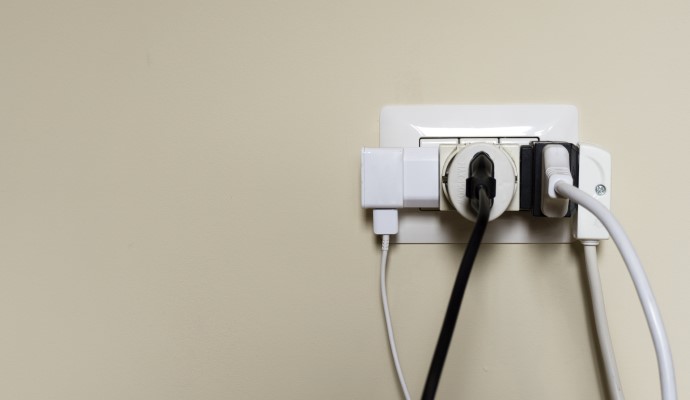Clinician-Owned Practices Improve Quality Without the Burnout
A recent study suggests cultural features of clinician-owned practices are linked to quality improvements without increased levels of burnout among staff.

Source: Getty Images
- Workplace cultural and structural factors in clinician-owned practices that result in lower levels of staff burnout may also enable quality of care improvements, according to a recent study in JAMA Health Forum.
Researchers analyzed over 700 small- and medium-sized primary care practices that took part in EvidenceNOW: Advancing Heart Health, an Agency for Healthcare Research and Quality-led initiative that aims to help practices implement evidence-based practices for improving cardiovascular health. They evaluated the practices’ improvements in quality of care measures, including aspirin prescribing, blood pressure control, and smoking cessation counseling, as well as levels of staff burnout.
The study found 18.3 percent of practices met the criteria to be considered quality and well-being positive deviants (PDs), which researchers defined as those in which the proportion of staff, including clinicians, at the practice reporting burnout was stable or improved from baseline to after the intervention and that also had practice-level improvement in percentage achievement during the study period in all three metrics.
Of the quality and well-being PD practices, more were owned by clinicians (55.6 percent) compared to hospitals, health systems, and HMOs (18.8 percent). There was also a lower representation of federally qualified health centers (19.5 percent) compared to clinician-owned practices.
“This study is unique in identifying factors associated with improving both quality of patient care and staff experience,” first author Lisa S. Rotenstein, MD, MBA, and primary care physician at Brigham and Women’s Hospital, said in a statement. “Our findings add to a growing body of research suggesting positive satisfaction, engagement and utilization outcomes among clinician-owned practices.”
In contrast, previous research has suggested that hospital-owned practices have less clinician engagement and higher spending per patient. Furthermore, researchers pointed to a 2022 study that found physicians working in health systems or FQHCs had less sense of autonomy.
While hospital or health system ownership may increase levels of staff burnout, more practices are being acquired by these organizations. Hospitals and health systems own nearly half of physician practices in the US, according to a 2021 study. What’s more, physician practice acquisitions accelerated during the COVID-19 pandemic, with a 25 percent increase in corporate-owned practices from 2019 to 2021.
The American Medical Association (AMA) also confirmed in another 2021 study that less than half of physicians work in clinician-owned practices.
Rapid consolidation in healthcare may impact quality of care, as well as staff burnout levels, which have reached unprecedented burnout levels in the wake of the pandemic. Researchers from Brigham and Women’s Hospital said further studies are needed to assess more detailed cultural factors that may contribute to quality improvements and levels of staff burnout.
